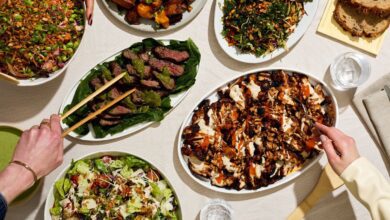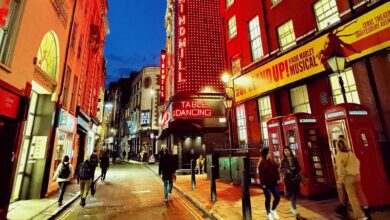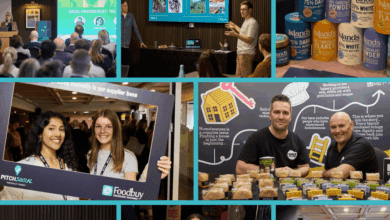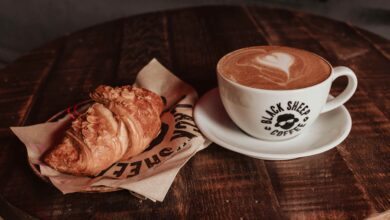Closing time? How pubs and bars can fight back in 2019
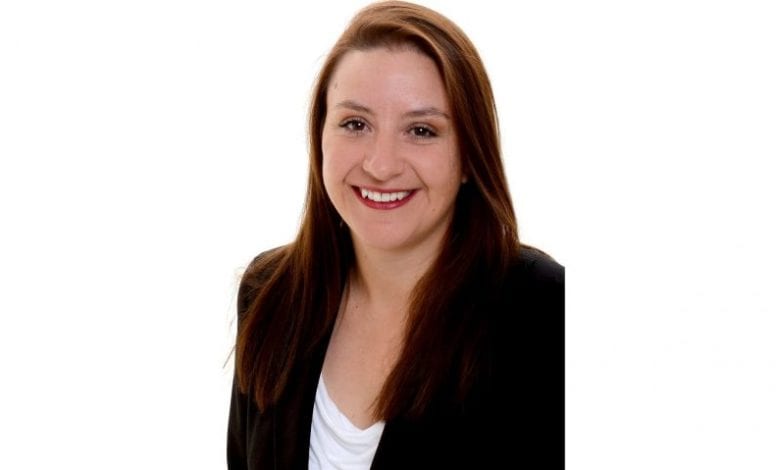
The UK hospitality industry has witnessed a similar trajectory to the high street, with many pubs and bars struggling to make ends meet and remain profitable. According to the Office of National Statistics, 25% of pubs have closed since 2001 and the number of pubs has fallen from 52,500 in 2001 to 38,815.


